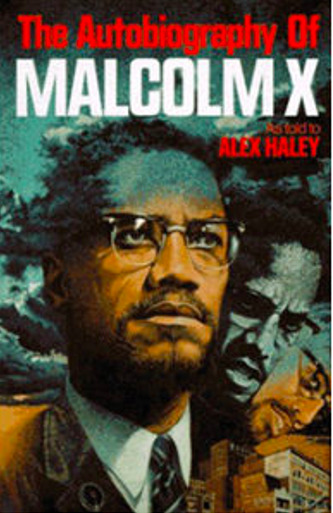Black Arts and Beyond
An Artist's Duty
"You can't help it. An artist's duty, as far as I'm concerned, is to reflect the times.”
Nina Simone, 1963
In 1964, jazz and blues artist Nina Simone wrote the song "Mississippi Goddamn" after the Birmingham church bombing and murder of activists Medgar Evans. In response to backlash against the song, she said the quote above, reminding individuals of the role of the artist in society. Music and art represented the soul of the movement. The civil rights and Black Power Movement of the 60s and 70s centered music, literature, and visual arts that represented the Black experience in America. “Say it Loud, I’m Black and I’m Proud” by James Brown was mentioned by Tyrone Byrd [‘73] and McCurine as being the soundtrack for Black Power Movement. There was a budding appreciation within the Black community for representing all aspects of the Black experience genuinely, outside the gaze of whiteness. This includes writing and reading literature with Black southern slang, like Zora Neal Hurston; presenting Black dreams and struggles on stage, like Lorraine Hansberry; and, instilling feelings of Black nationalism, like Malcolm X's Autobiography. Many African American artists were activist and advocates for change themselves but through their varied mediums they inspired many young people to take the same just stand.
Black Art at Dartmouth
Inspired by the movement and other forms of artistic expression, the Black students of Dartmouth released several artistic publications. Literary magazines like Blackout, Black Praxis and Black Hand were tools students utilized to artistically represent the Black experience at Dartmouth. These publications also served as a “medium of communication and news dissemination” (Black Hand, n.d.). Blackout was a literary magazine first published in 1967 by the Afro-American society that showcased the newly developed Black consciousness on campus. McCurine had written multiple poems that were published in the first and second volumes of Blackout. Below is an excerpt from the interview on his artistic contributions to the magazine.
MCCURINE: I found that magazine [Blackout]. We [Bill and Dana McCurine] were cleaning out the garage two years ago, we found Blackout. And we stopped what we were doing. And we sat down and we started reading it again. And I said, Oh, my goodness, I wrote that [pause, laughter]. We were so, we had a lot of chutzpah, hubris, arrogance, whatever you want to call it. But that magazine was really important to us. I mean, we really, we wanted to say things. And Blackout allowed us to do it. Yeah.
UGOJI: And that’s what it was like to put that together?
MCCURINE: Oh, well, at that time, there were three groups in the black community that were very powerful. One was preachers like Martin Luther King [Jr.]. One was social movement groups like the Black Panthers, the US group led by Ron Karenga. SNCC. And the other group, were literary, like, they were writers. Poets, like James Baldwin, for example. I'm trying to remember, LeRoi Jones, who changed his name to Amiri Baraka [Imamu Amear Baraka] or something like that. And the Autobiography of Malcolm X [el-Hajj Malik el-Shabazz], I mean, writing was a huge thing for us. And poetry. Oh, man, the books. Oh, my goodness. It was, a very exhilarating time.





